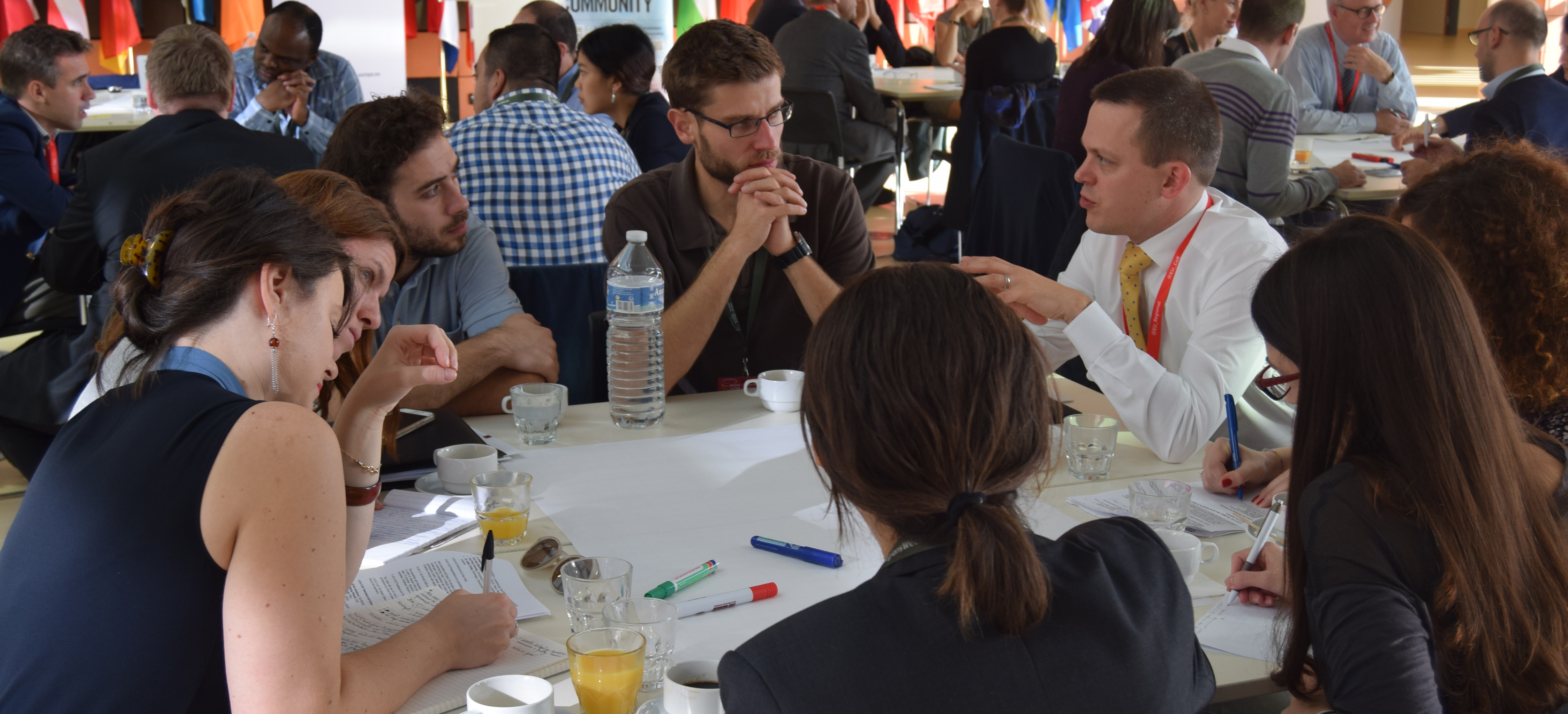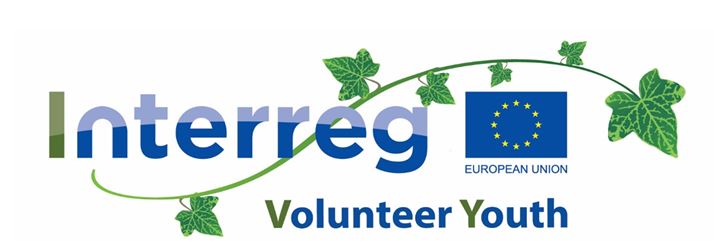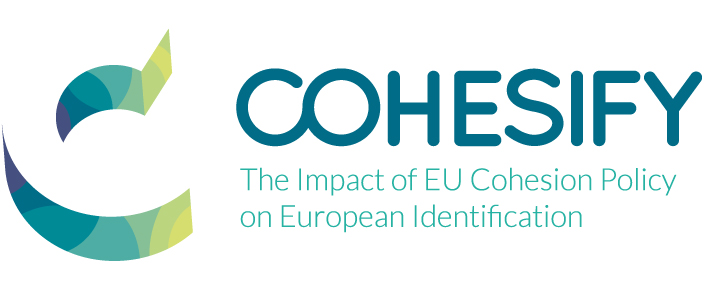
Cohesion policy in numbers – an exploratory journey through the data bases
September 4, 2017
What’s the future of cohesion policy post 2020? The view of young scholars
October 25, 2017
‘Reconnecting with citizens’ has been on the European agenda for the last few years, and it became serious with the UK referendum, which resulted in Brexit.
Countless articles were written about the ineffectiveness of European communication, and Eurobarometer statistics proved that EU citizens are often not aware of what the EU does for them, such as projects that were happening ‘around the corner’, including Interreg projects.
So how can the EU connect with its citizens?
One of the most successful programmes of the EU has been Erasmus – and in line with the philosophy behind Erasmus, a new programme for fostering trans-/cross-regional cooperation has been created: ‘The Interreg Volunteer Youth IVY’ promoting volunteering experiences within Interreg. Interreg Programmes and projects can now invite young people to join them for a few months and help them revamp their communication strategy. It is part of the European Commission’s European Solidarity Corps.
During the European Week of Regions and Cities, I followed a session about this pilot initiative. I would like to share with you two comments that I found particularly pertinent for European communication.
Firstly, it is a win-win project – the programmes’ managers appreciated the opportunity to have some ‘fresh blood’ and extra help and the volunteers were happy to discover new worlds and learn new skills. Most importantly, however, is the fact that the newcomers are required to understand and learn about projects so that they can communicate them clearly. This is something we – who communicate about the EU – should remember. We are translators of jargon, transforming it into understandable terms. We must not try to have every technical detail in our messages. We should try to emulate this fresh approach by ‘unlearning’ what we already know and use non-EU bubble language.
So how can the EU connect with its citizens?
One of the most successful programmes of the EU has been Erasmus – and in line with the philosophy behind Erasmus, a new programme for fostering trans-/cross-regional cooperation has been created: ‘The Interreg Volunteer Youth IVY’ promoting volunteering experiences within Interreg. Interreg Programmes and projects can now invite young people to join them for a few months and help them revamp their communication strategy. It is part of the European Commission’s European Solidarity Corps.
During the European Week of Regions and Cities, I followed a session about this pilot initiative. I would like to share with you two comments that I found particularly pertinent for European communication.
Firstly, it is a win-win project – the programmes’ managers appreciated the opportunity to have some ‘fresh blood’ and extra help and the volunteers were happy to discover new worlds and learn new skills. Most importantly, however, is the fact that the newcomers are required to understand and learn about projects so that they can communicate them clearly. This is something we – who communicate about the EU – should remember. We are translators of jargon, transforming it into understandable terms. We must not try to have every technical detail in our messages. We should try to emulate this fresh approach by ‘unlearning’ what we already know and use non-EU bubble language.
The second comment was about about the creative and ‘experimental’ work of the volunteers. Clearly, young people have different ideas and are often more open-minded regarding digital communication when compared with professionals who have spent several years focusing on a specific (often very technical) subject. Nothing new here. However, what shocked me was a comment that the volunteers, being outsiders to the welcoming institutions, have more (unspoken) permission to try new things and make mistakes.
And this is the biggest problem of public communication. Everyone wants to play it safe. But if you do not take risks, if you do the same things over and over again (or do nothing at all), you will not manage to engage with EU citizens. We have to learn from Ivy volunteers that making mistakes is OK.
Don’t be afraid of failure, focus on success.
Connecting people is always a risky business. But it is worth a try.
And this is the biggest problem of public communication. Everyone wants to play it safe. But if you do not take risks, if you do the same things over and over again (or do nothing at all), you will not manage to engage with EU citizens. We have to learn from Ivy volunteers that making mistakes is OK.
Don’t be afraid of failure, focus on success.
Connecting people is always a risky business. But it is worth a try.
Anna Frankowska Old-Continent

